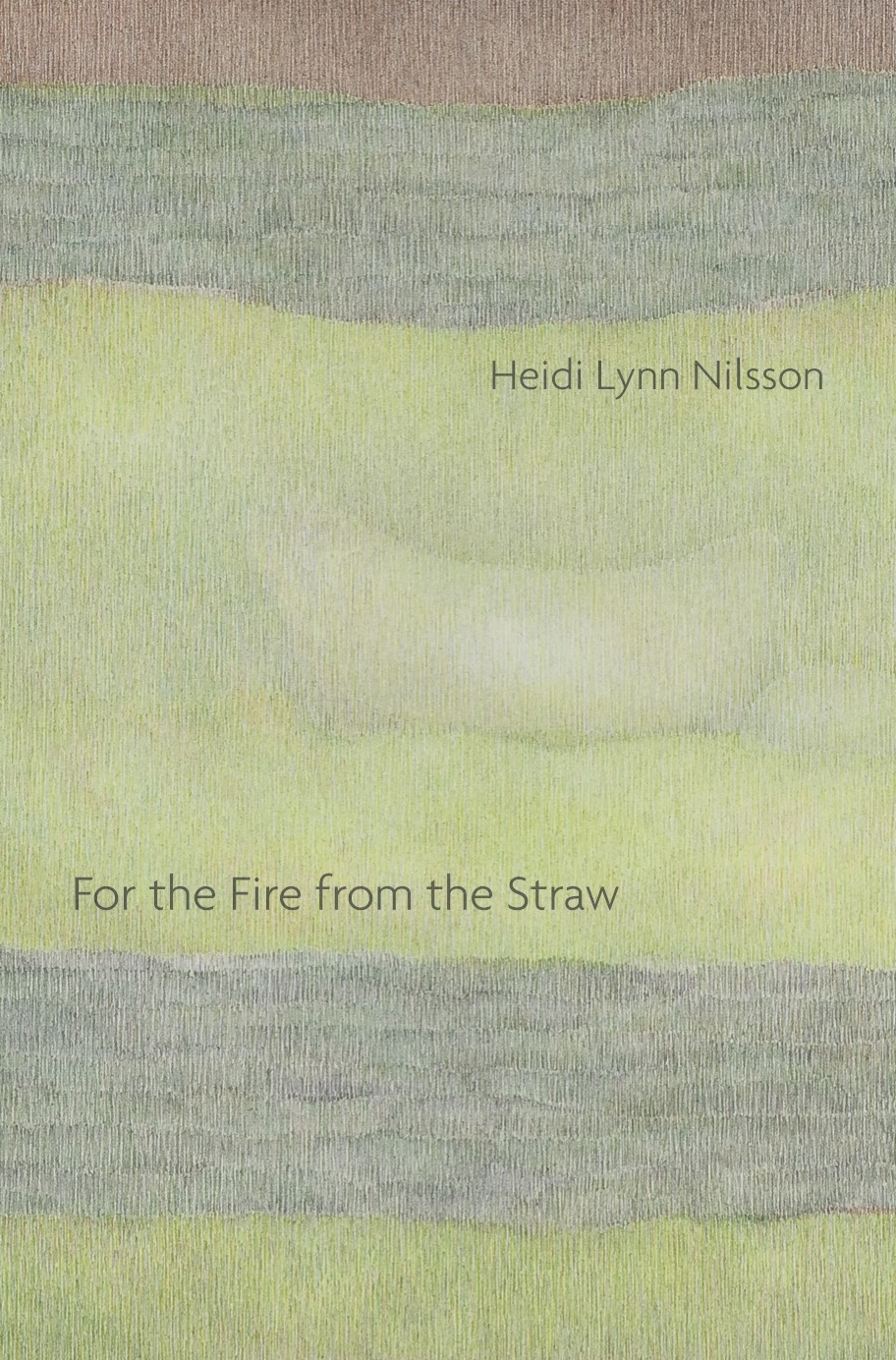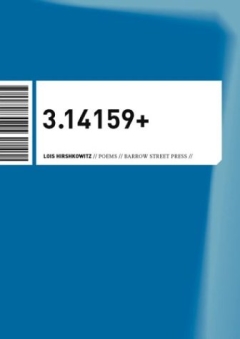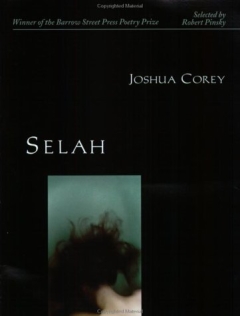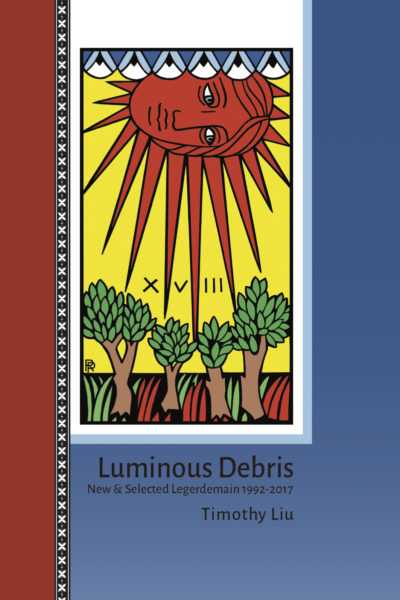“The business of poetry is, to my mind, not to deliver the truth but to generate—for the poet and reader alike—a grappling with the very notion of what truth itself might be. If ever-shifting, how lean upon it? Nilsson’s poems are restless, questing, muscular in their thinking—and, in their music, gorgeous. I have had only a handful of first encounters with what I recognized immediately to be an original vision, an authentically new, striking, and gifted voice. One such encounter was with the work of Heidi Lynn Nilsson. Hers is a voice worth hearing—one that doesn’t need to shout in order to prove itself.”
—Carl Phillips, American Poets
“In ‘Straw for the Fire,’ Theodore Roethke writes that ‘straw can feed a fire to melt down stone.’ The poems in Heidi Lynn Nilsson’s For the Fire from the Straw burn with this kind of metamorphic heat. They stun with their intricate troping, high lyricism, and restive God-hunger. They rove—ruthlessly, metaphysically, beautifully—through the realms of doubt, belief, marriage, motherhood, injustice, and transgression without ever once using their brilliant against the reader or resorting to oversimplified piety. Like Gerald Manley Hopkins, she makes manifest the complex human struggle, among other matters of faith, to ‘not choose not to be’: ‘I’ve fought with God,’ she writes in ‘A Record of Loving Water,’ ‘to make myself. / I meant to be, for example, in the blond // breakfast hour, less like the dock / from which we all have looked, / insatiable, down.'”
—Lisa Russ Spaar
“Heidi Lynn Nilsson’s For the Fire from the Straw is a dark and strange extension, to paraphrase Tielhard de Chardin, of a spiritual being having a human experience. The voice reconciles sometimes sinister thoughts in a ‘secular air’ even as she seeks that ineffable from God, Jesus Christ, or the universe. Often shocking in their beauty and forthright worrying through religious experience, the poems sing like psalms. Partly confessing to a silent listener and partly serving as her own inquisitor, the speaker of these poems seems to be awaiting another force in the cosmos, unabashed beauty. Through she sometimes conjures an echo of Dickinson or her own Viking ruthlessness, Nilsson uses poetry for what poetry is for: the unexplained language that explains.”
—Sean Singer




